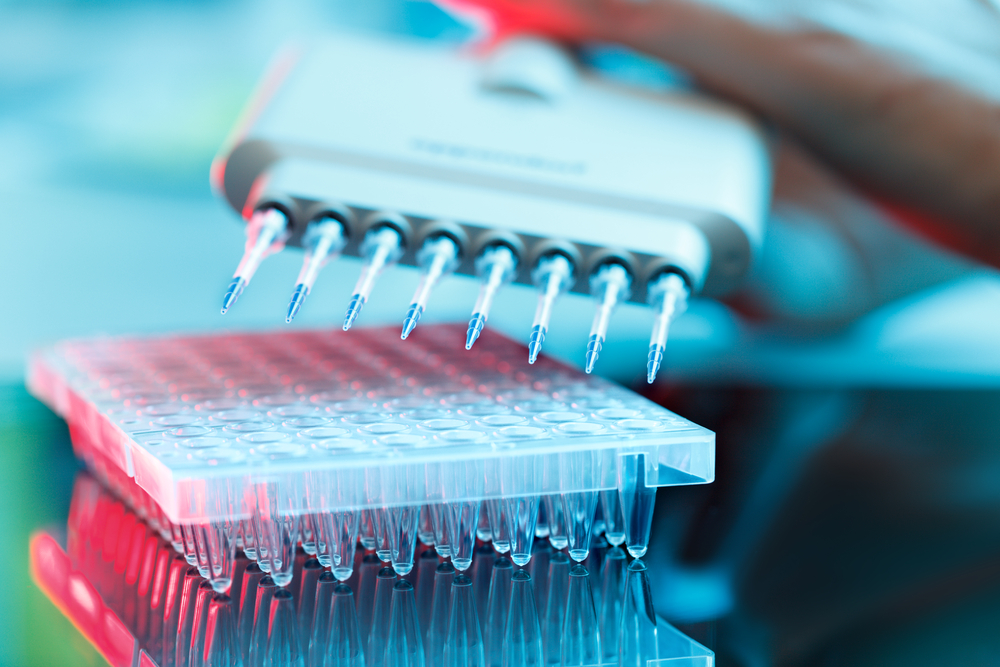Potential Gene Therapy for Familial ALS Named Orphan Drug by EMA

A gene therapy that might treat familial amyotrophic lateral sclerosis (ALS), an inherited form of the disease, was recently granted orphan drug status by the European Medicines Agency (EMA), an award that carries incentives to promote potential treatments for rare diseases.
The investigative therapy is in preclinical development at Switzerland’s École polytechnique fédérale de Lausanne (EPFL).
“We are thrilled that the EMA endorses the soundness of our new therapy against this devastating rare disease,” Bernard Schneider, an EPFL scientist leading its development, said in a press release. “We are highly motivated to bring our patented approach to the clinic and address this unmet patient need.”
The therapy uses an adeno-associated virus (AAV) as its viral vector, or vehicle to safely transport the gene therapy into cells. Its AAV has been modified to produce a small molecule of ribonucleic acid (RNA), or microRNA – molecules that are capable of blocking gene expression and, consequently, protein production.
Scientists at EPFL expect that this microRNA can disrupt the production of superoxide dismutase 1 (SOD1), an enzyme known to be involved the ALS development and progression.
Mutations in the gene encoding the SOD1 enzyme account for 20 percent of genetically inherited forms of ALS. Up to 160 of these mutations have been found to be toxic to motor neurons, the nerve cells that transmit impulses from the spinal cord to muscles.
This yet-unnamed gene therapy targets both motor neurons and astrocytes, another type of brain cell and one found to contribute to the death of motor neurons in ALS. The researchers believe that stopping SOD1 expression in these two cell types can slow down, and possibly prevent, neurodegeneration in ALS patients.
Their orphan drug status application was supported by the Swiss ALS Foundation and Catalyze4Life, an innovation program at EPFL’s Life Sciences School.
“It is challenging to bridge the funding and development gap for potential therapies at early stage before projects enter clinical development,” said Bart Deplancke, chair of the scientific committee of Catalyze4Life. “This is an example of the projects we are currently supporting to fulfill the society’s great responsibility to serve the need of patients. We are currently looking for partners to join us in this effort.”
Orphan drug status is granted by the EMA to treatment candidates with the potential to improve the diagnosis, prevention or treatment of a rare disease, defined by the agency as a condition that affects about 5 in every 10,000 people. The award carries both financial development and marketing incentives, and scientific assistance.






